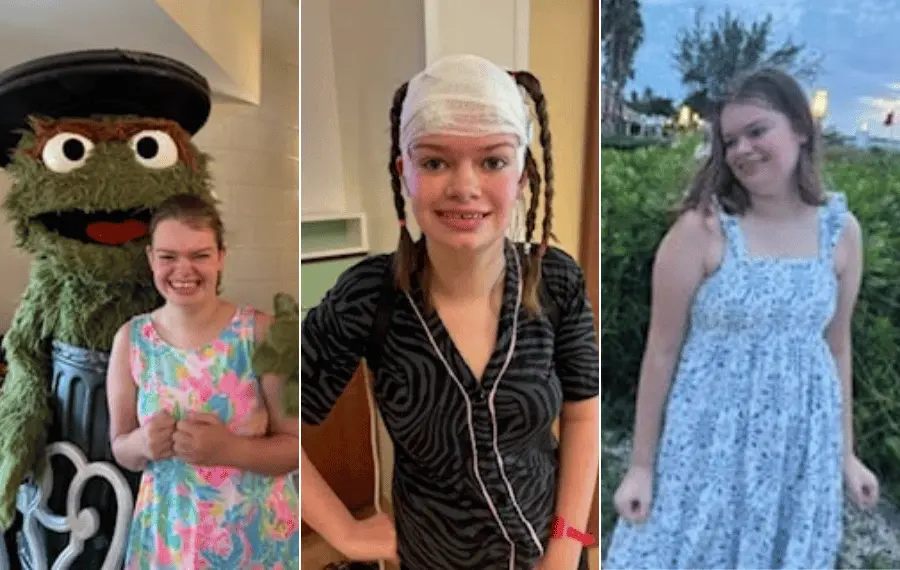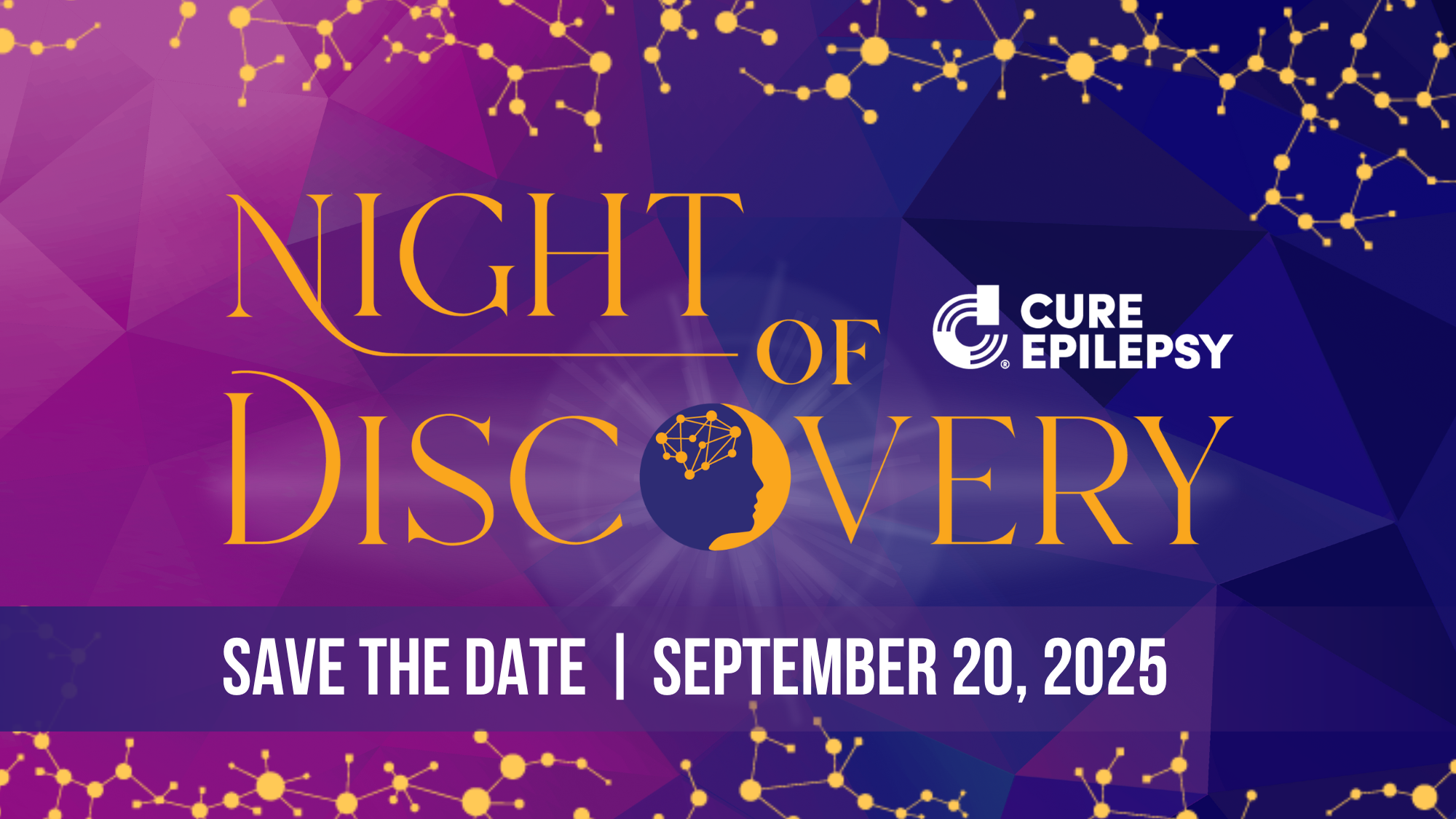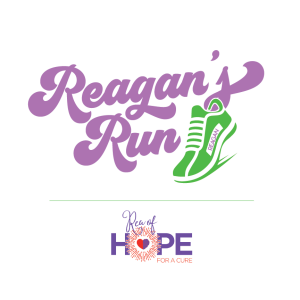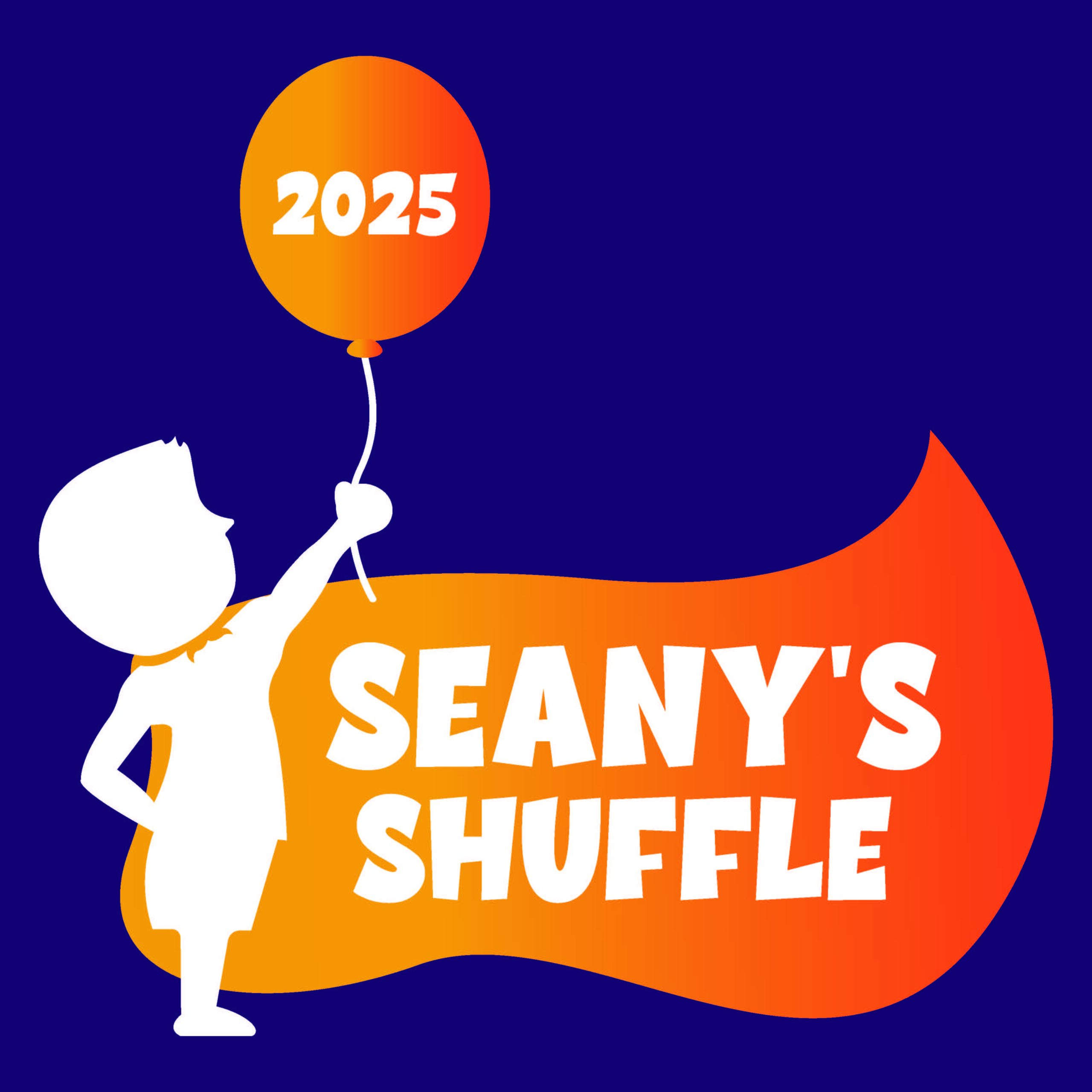Ella’s Race to CURE Epilepsy 2025
500 Block of N. Catherine Ave 500 N Catherine Ave, La Grange Park, IL, United StatesProud Member of the CURE Epilepsy Run/Walk Series Join us to celebrate 10 years of funding research and promoting awareness of epilepsy! 💜 Register today for your 10th Anniversary dry-fit tee in and support epilepsy research. 💜 On Sunday, August 24, the Cunneen family will host a 2.6 Mile Fun Run AND a one-mile walk […]









